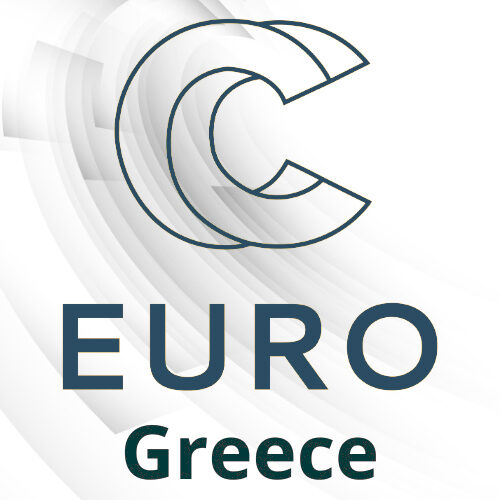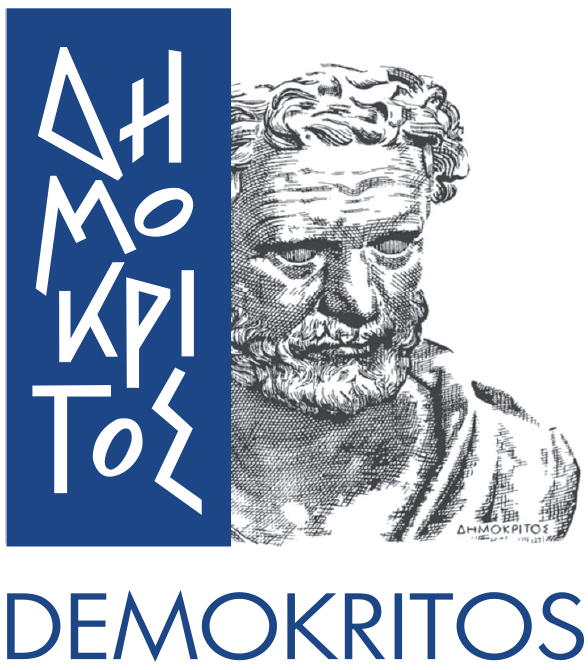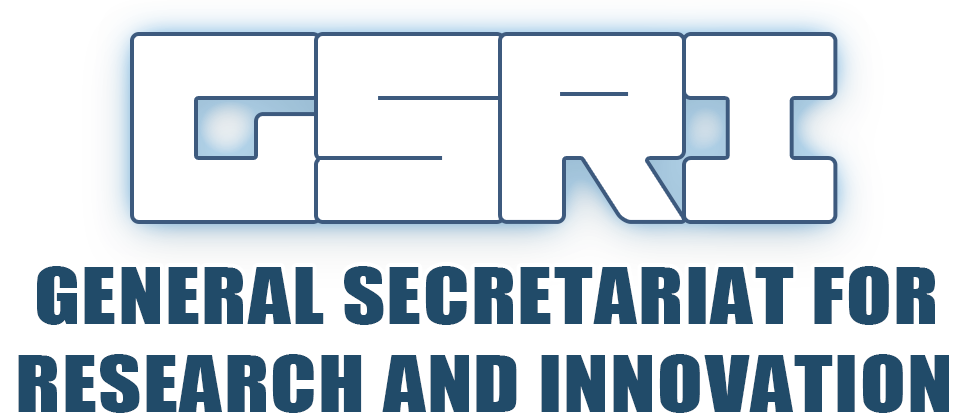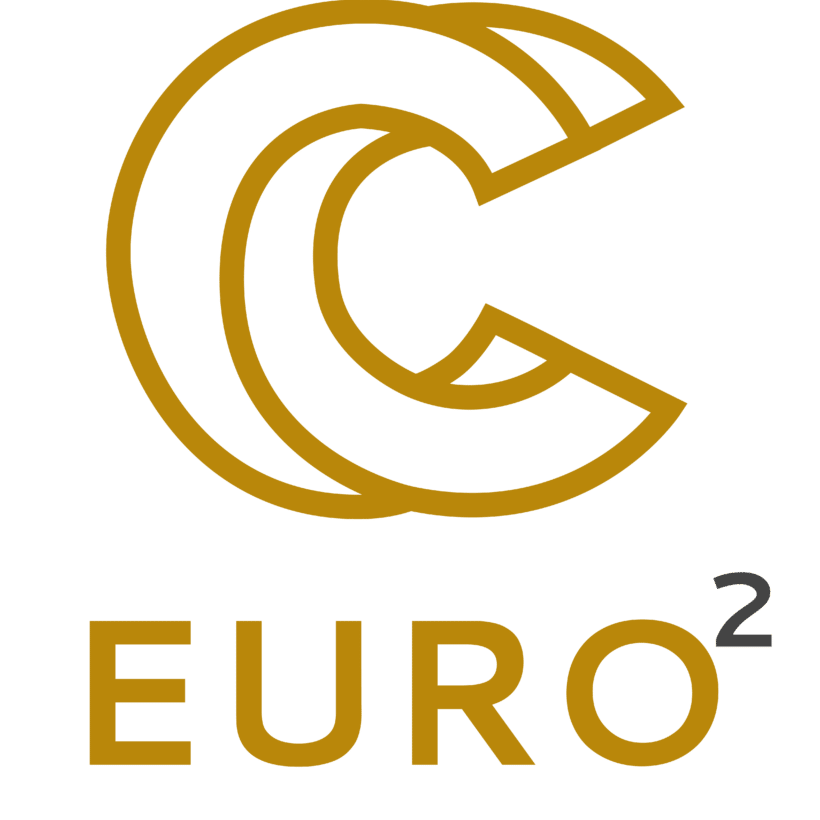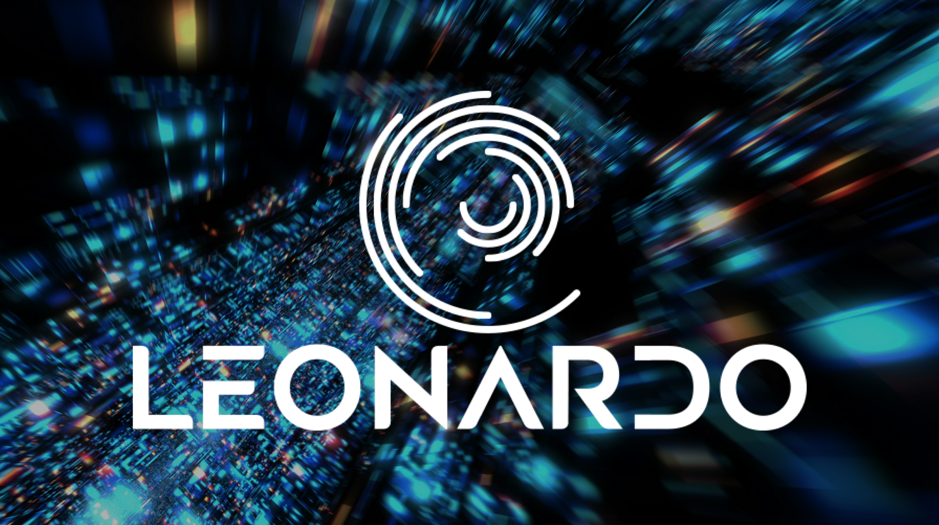
Greece, represented by GRNET, participates in the European Leonardo consortium for the operation of a pre-exascale level supercomputer system, providing research and innovation communities’ significant resources to assist in the development of new outcomes.
Leonardo pre-exascale supercomputer will be hosted by CINECA, the Italian supercomputer center, and aims to be the fastest European technology based AI supercomputer: based on Atos’ innovative BullSequana XH2000 supercomputing platform, integrated with ParTec’s ParaStation Modulo software, while E4 Computer Engineering, Italian SME, will provide the services to install, run and maintain the system. The system will feature nearly 14,000 NVIDIA Ampere architecture-based GPUs, 3500 Intel Xeon Sapphire Rapids processors, all interconnected via NVIDIA® Mellanox® HDR 200Gb/s InfiniBand networking.
The supercomputer Leonardo is co-funded by theEuropean High-Performance Computing Joint Undertaking (EuroHPC JU) a Public-Private Partnership which aims to promote and further upgrade High Performance Computing (HPC) in Europe. Its mission is to develop a European supercomputing ecosystem, deploying world-class exascale European supercomputers, able to perform more than one trillion operations per second, and developing innovative supercomputing technologies and applications. The supercomputers will be made accessible to European researchers, industry and businesses, to develop new applications in areas such as artificial intelligence and personalised medicine, drug and material design, bio-engineering, weather forecasting, and combating climate change. The initiative started in November 2018 and will remain active at least until 2026.
Leonardo is one of the three pre-exascale supercomputers that will be part of the European supercomputing ecosystem, with LUMI (based in Finland) and MareNostrum 5 (based in Spain).
The system is co-funded by EuroHPC JU and by the Italian Ministry of Universities and Research, conceived and managed by CINECA in collaboration with Italian National Institute for Nuclear Physics (INFN), and International School for Advanced Studies (SISSA), and with the support of the Italian Regione Emilia-Romagna that will provide the location in the Tecnopolo of Bologna.
GRNET, representing Greece, joined the European Leonardo consortium for the operation of a pre-exascale level supercomputer system within the framework of EuroHPC Joint Undertaking (based on the Call REF: EUROHPC-2019-CEI-PE-01). GRNET and CINECA, head of the Leonardo consortium, enjoy a long standing cooperation in HPC related projects and share best practices. Greece joined the Leonardo consortium alongside existing partners of Italy: Austria, Hungary, Slovakia and Slovenia.
GRNET, is contributing with teams of professional experts, engineers and HPC project managers, amplified with over a decade of experience and know-how developed in the field of HPC by supporting research and education communities by offering HPC – ARIS (Advanced Research Information System) resources and is proud to be contributing to the High Level Support Team (HLST) of the Leonardo consortium. It should be noted that GRNET is one of the largest contributors to technological progress and modernization of Greece’s infrastructures, through its participation in a number of pan-European HPC initiatives and mainly through the development and maintenance of the HPC – ARIS, which is the most powerful computer system for scientific purposes in Greece.
The benefits of Greece’s participation and GRNET’s contribution in this strategically important initiative are manifold, both at national and European level. Research teams in need of high performance computing resources in order to conduct scientific research will -in the future- be able to access both the existing and the developing infrastructures of the consortium, opening new horizons of scientific, technological and economic progress. Thus, they will further benefit from the use of supercomputer resources to conduct large-scale applications in a wide range of scientific fields. In addition, the consortium countries partners’ collaboration and communication, will further contribute to technological progress, through the exchange of best practices and technology know-how in the field of High Performance Computing, research and innovation.
For more information about
- Leonardo consortium, click here.
- CINECA’s press release on Leonardo, click here.
- EuroHPC, click here.
- GRNET, click here.
- ARIS-HPC, click here.
About GRNET:
GRNET – National Infrastructures for Research and Technology, provides advanced network, cloud computing and IT infrastructures and services to academic and research institutions, to educational bodies at all levels, as well as to agencies of the public, broader public and private sector. It holds a key role as the coordinator of all e-infrastructures in education and research, leveraging the educational and research activity in the country towards the development of applied and technological research. GRNET, supervised by the Ministry of Digital Governance, contributes to the country’s Digital Transformation via in-depth analysis, technological studies, standard solutions and specialized know-how, serving at the same time hundreds of thousands of users on a daily basis in the strategic fields of Public Administration, Education, Research, Health and Culture.
More at: https://grnet.gr/en

GRNET on Social Media:
Facebook, Twitter, LinkedIn, Instagram, YouTube
For more information on:
GRNET ARIS-HPC system contact Dimitris Dellis, Head of HPC Team: ntell AT admin.grnet.gr.
GRNET contact Artemis Psarianou, Head of Marketing and Communications Department: apsarianou AT grnet.gr.
